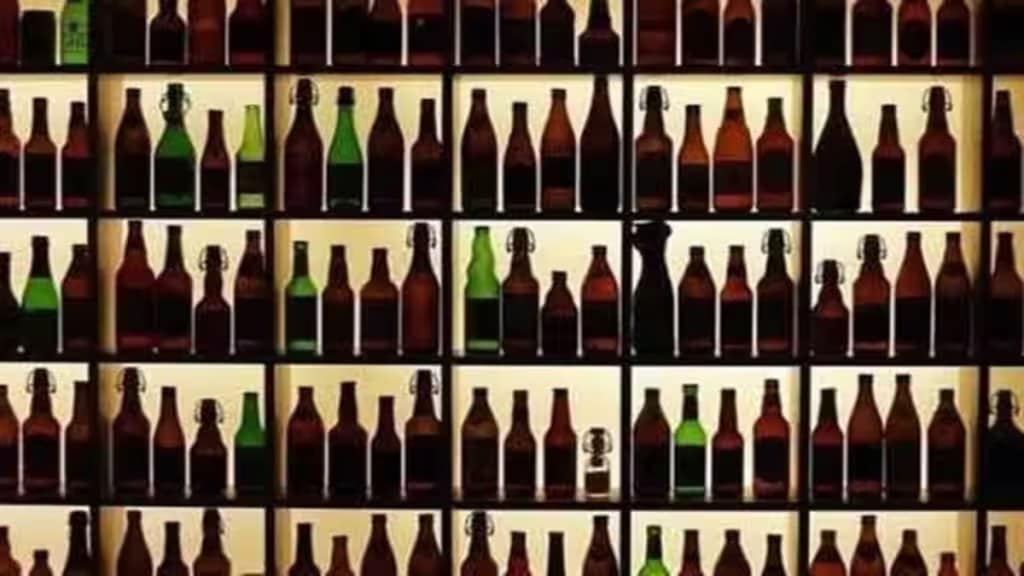Two months after it was implemented, there have reportedly been no takers in the Millennium City for the Haryana government’s ambitious new excise policy that allows big corporate offices to serve low alcohol content drinks such as beer, wine and ready-to-drink beverages within their premises.
A senior excise and taxation official of Gurugram, which is home to several MNCs and startups, told FE that no corporate house has so far come forward to even enquire, leave alone apply, for the L-10F licence.
To qualify for the licence, a corporate office must have a minimum of 5,000 employees and a covered area of at least 1 lakh square feet within a single premises, which can either be self-owned or leased. They must also have a cafeteria across 2,000 square feet to serve the low-alcohol beverages.
“The strict criteria leave only a few companies to be eligible for the licence,” said the official, on condition of anonymity. “It’s a good policy and a positive step by the state government, but like with any other new policy, it will take time for the people to understand it properly,” the official added.
Another hurdle could be the licence fee, which is similar to the amount needed for bar licences. Allottees will have to pay an annual fee of Rs 10 lakh in addition to a security amount of Rs 3 lakh, as per the state excise policy 2023-24, which became applicable from June 12.
Companies are also not too keen as they feel it would bring about a drastic shift in their work culture. “There could be disciplinary issues. This is applicable not just in office, but even outside, as there could be cases of drunk driving or unruly behaviour,” said a senior HR executive of a tech firm based in Gurugram.
While most other companies declined to comment on the new policy, Vandana Shenoy, corporate communications director at Oracle India, an IT services and consulting company, said they were yet to decide on this as attendance is till not full after the Covid-19 pandemic. “Most of our employees are still working from home and offices have not yet fully become functional. So we will take a decision when that happens,” said Shenoy.
Meanwhile, liquor companies have welcomed the new excise policy, calling it a progressive move. Anasuya Ray, vice-president, corporate affairs, AB InBev India, said: “The new excise policy will improve ease of doing business in the state and enable consumers to opt for premium brands with improved retail access.”
Ishwaraj Bhatia, co-founder of Simba Beer, which claims to be India’s first home-grown, family-run craft beer brand, also called the implementation of the new liquor policy a positive development for the beer industry. “The policy encourages direct engagement with consumers, providing us with opportunities to interact with the right target audience through activations in office spaces,” he said, adding that the direct interaction would allow them to effectively promote their brand and build stronger connections with the potential customers.
Meanwhile, Bhatia of Simba Beer said their local channels have already started engaging in discussions with relevant corporate spaces to explore potential opportunities for small-scale activations, pop-ups and product trials, considering the growing number of people returning to offices.
Rahul Singh, founder of Beer Cafe, an alco-beverage restaurant chain, is also looking forward to working with large corporates to set up infrastructure and to operate these licences. “Clear instructions on employee number and other guidelines would ensure that the licence is not misused by the people,” added Singh.

